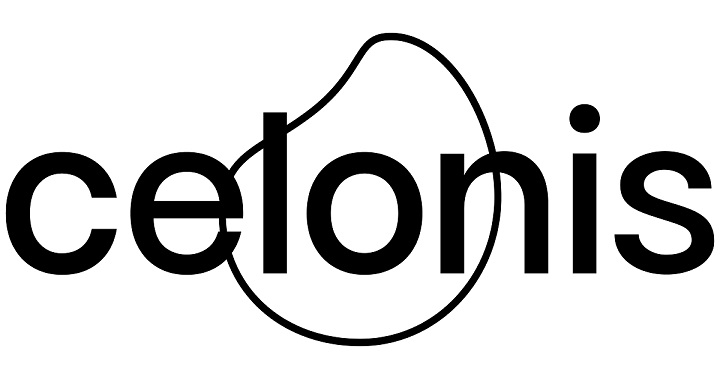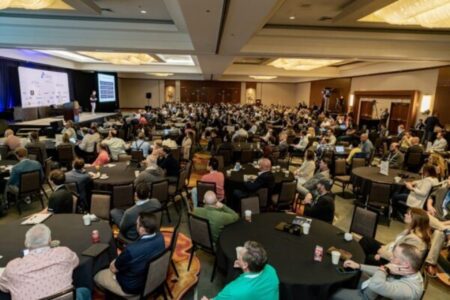
AI acceleration takes many forms, from low-code/no-code tools that facilitate mass adoption to background technologies that help organizations maximize the capabilities of the AI technologies they already have. There are numerous ways to drive innovation.
Recently, Celonis, the world leader in process mining, announced the expansion of its strategic collaboration with Microsoft. This expansion includes a series of integrations designed to help Microsoft customers utilize process intelligence across Microsoft Fabric, driving AI innovation with built-in, contextual process data.
What’s New?
The key enhancement to the strategic collaboration between Celonis and Microsoft is a zero-copy integration between the Celonis Process Intelligence Graph and Microsoft Fabric. We’ll explain the mechanics of this integration, but ultimately, it means that Microsoft users will be able to embed process intelligence into the products they are building, such as a Microsoft Power BI dashboard or AI agent.
The zero-copy integration between Celonis and Fabric is made possible by the Celonis Data Core, which enables fast and streamlined data ingestion. This integration allows for data sharing from a customer’s Microsoft OneLake data lake while keeping the data within Fabric.
In addition to reducing storage and data transfer costs, this zero-copy integration simplifies data synchronization and ensures that data is instantly available when needed. For customers, this integration allows them to analyze processes within their Microsoft environment, share data and insights with Celonis quickly and easily, and enhance and refine AI use cases, including agentic AI with process data.
Furthermore, customers will soon have access to Celonis Process Intelligence Workloads in Microsoft Fabric’s Workload Hub. This integration will enable users to connect Celonis with raw data stored in Fabric, synchronize process-specific metrics, and embed Celonis Views to access tailored process visualizations.
“Our collaboration with Celonis brings the power of process intelligence to Microsoft customers,” said Dipti Borkar, VP and GM, Fabric OneLake & Fabric ISVs, Microsoft Azure.
“This zero-copy integration with Microsoft OneLake as well as introducing a Celonis workload within Microsoft Fabric enables our customers to use Celonis’ process intelligence directly within their existing analytics and AI workflows. Together, we are making AI more relevant and effective for the enterprise.”

AI Agent & Copilot Summit is an AI-first event to define opportunities, impact, and outcomes with Microsoft Copilot and agents. Building on its 2025 success, the 2026 event takes place March 17-19 in San Diego. Get more details.
Closing Thoughts
Celonis integration is providing Microsoft Fabric users with on-demand process intelligence, which will undoubtedly enhance the capabilities and output of AI. When AI has access to contextual business process data, it can be used to optimize these processes. Through Microsoft Copilot Studio, users can refine agents developed in Celonis and then deploy them, equipped with business process intelligence, to supercharge operations.
Since AI’s widespread adoption, there has been a significant convergence of technologies that were once separate. The lines have blurred in various areas, such as robotic process automation (RPA), optical character recognition (OCR), traditional bots, and predictive analytics, and these technologies have been somewhat absorbed into an AI “feature.”
Process mining is another one of these critical technologies. However, it is essential to remember how powerful this technology is and the importance of specialization in the field, led by Celonis. While process mining and process intelligence may eventually become intertwined with agentic AI, Celonis’s unique ability to develop the world’s most significant process intelligence platform remains standalone. Microsoft customers can now maximize this capability in a familiar environment with seamless data ingestion, which, in the competitive AI era, is a substantial advantage.










